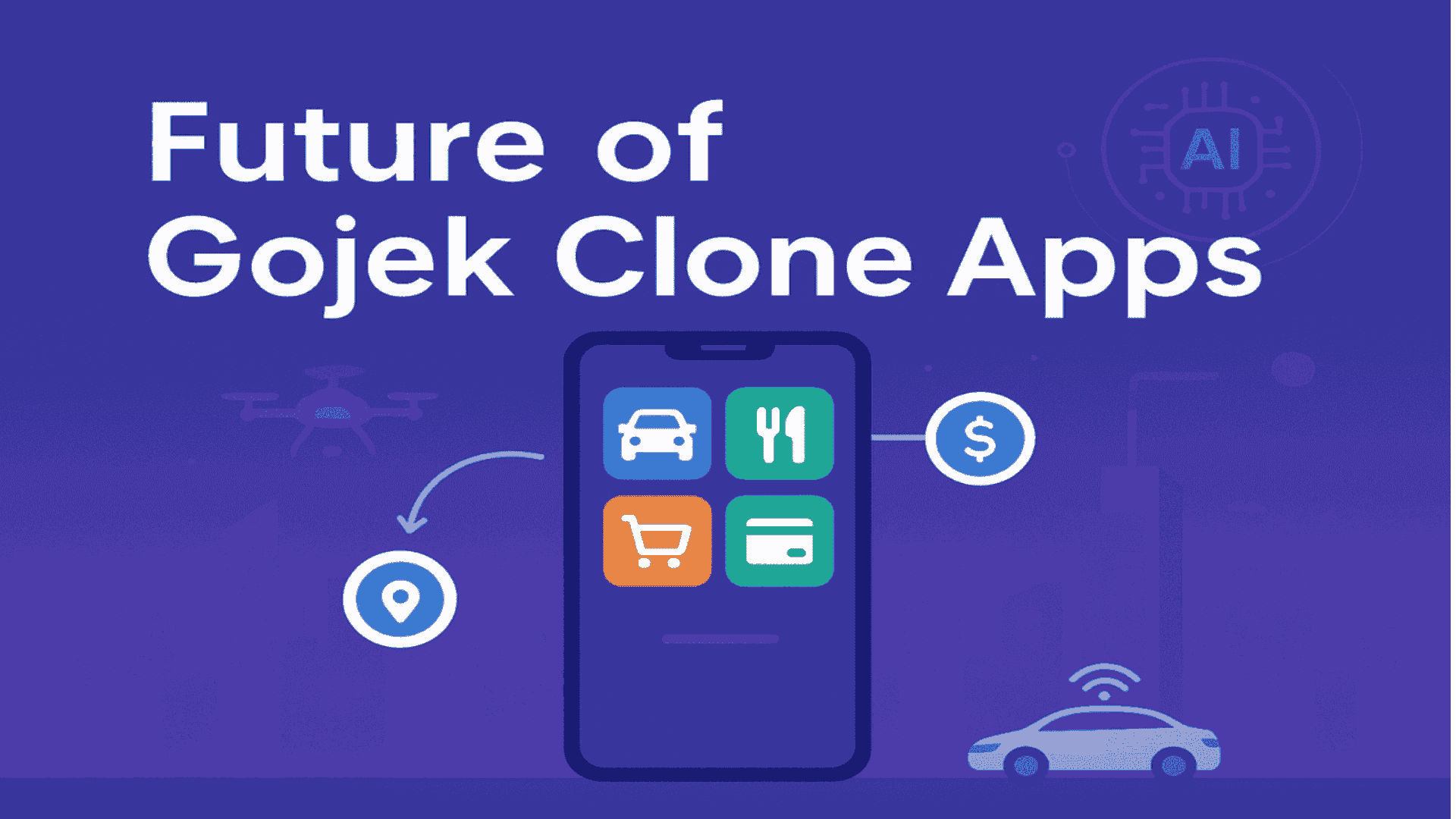Let me tell you a story.
Last year, a logistics firm asked us to implement an AI Agent to automate driver scheduling. Sounds simple, right? The AI could process driver availability, route times, weather conditions—even traffic data.
But it failed.
Why? Because it didn’t know that Ramesh never works weekends due to religious commitments. Or that Seema’s daughter has dance class every Wednesday.
The system had intelligence. But no context.
And that’s the crux of this article: AI Agents will only revolutionize work if they understand the human layer.
Why AI Agents Are Taking Over Repetitive Work
The workplace is evolving fast. From HR onboarding to customer service, companies are replacing repetitive workflows with AI Agents. These intelligent systems are more than just chatbots or automation scripts.
They’re proactive. They learn. And they act.
A good AI Voice Agent, for example, doesn’t just answer questions—it holds conversations, understands accents, even predicts follow-up queries. That’s not science fiction. That’s today.
But without the right context? That power gets wasted.
What Makes an AI Agent “Human-Aware”
There are two core principles every AI agent must fulfill to behave more human:
- Memory: Can it remember what happened last week, last call, last click?
- Contextual Reasoning: Can it adjust decisions based on time, tone, or user intent?
Many companies skip these steps and end up deploying robots with amnesia.
This is where Generative AI Development plays a crucial role.
Generative AI Development Adds Contextual Smarts
Generative models (like GPT, Claude, or Gemini) can create human-like responses, but the real value is in their ability to infer context. Here’s how we use Generative AI Development to make agents more aware:
- Feed them customer CRM history, not just the last message.
- Integrate tone detection (are they frustrated or confused?).
- Train on business rules and cultural specifics.
That’s how an AI Voice Agent knows not to offer a return policy to a customer clearly angry about delayed delivery. It shifts tone, offers solutions, and prevents churn.
Real-World Use Case: The “Support Shift Savior” Project
We worked with an eCommerce brand that wanted to reduce night-shift support staff.
We built a contextual AI Agent trained on:
- Previous ticket resolutions
- Tone analysis
- Product-specific workflows
The result?
- 62% reduction in night-time escalations
- 41% higher customer satisfaction score
All from an AI system that acted human enough to de-escalate problems.
Speed in Modern AI
Everyone talks about AI speed. Few talk about AI appropriateness.
Let me be blunt: A fast response that’s wrong is worse than no response.
That’s why AI Agents that skip human-like reasoning end up costing brands more in rework, refunds, and bad reviews.
The smart path? Slow down and build context-aware systems from Day 1.
AI Voice Agents: Not Just Call Center Tools Anymore
Modern AI Voice Agents aren’t just for answering phones. They can:
- Onboard new hires
- Explain technical products
- Collect compliance data
- Resolve disputes with sentiment-aware scripts
And yes, they do this with contextual awareness—when built properly through Generative AI Development.
A Moment of Brutal Honesty: Not Everyone Needs AI Agents
Here’s the hard truth.
If you only handle 50 customer queries a day, you probably don’t need a sophisticated AI Agent. Focus on improving your FAQs, training, or ticketing flow.
But if you’re processing 500+ queries across channels—then every minute saved matters. That’s where an AI Development Services partner becomes critical.
And choosing the Best AI Development Company in India isn’t about picking the flashiest demo. It’s about who understands your business nuance.















